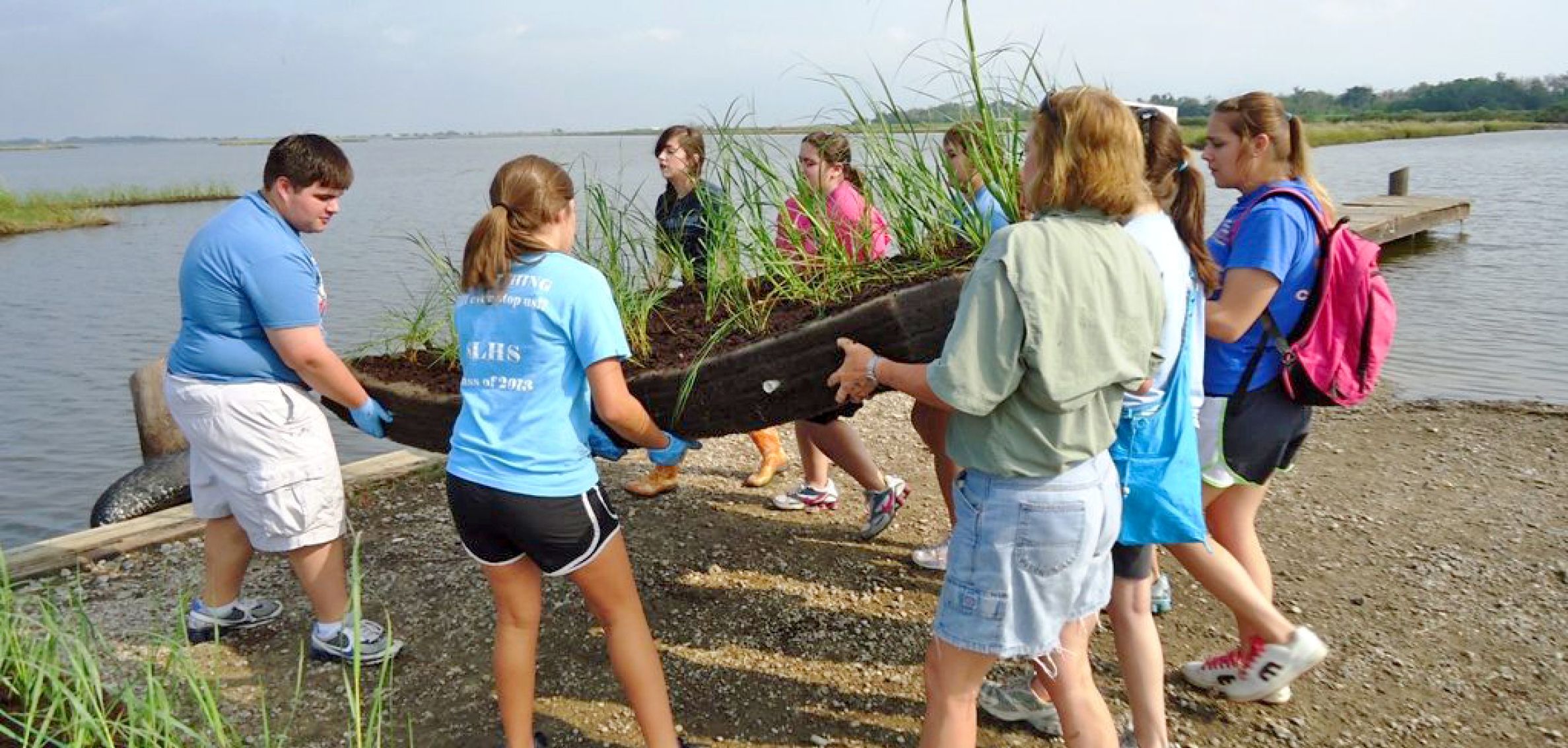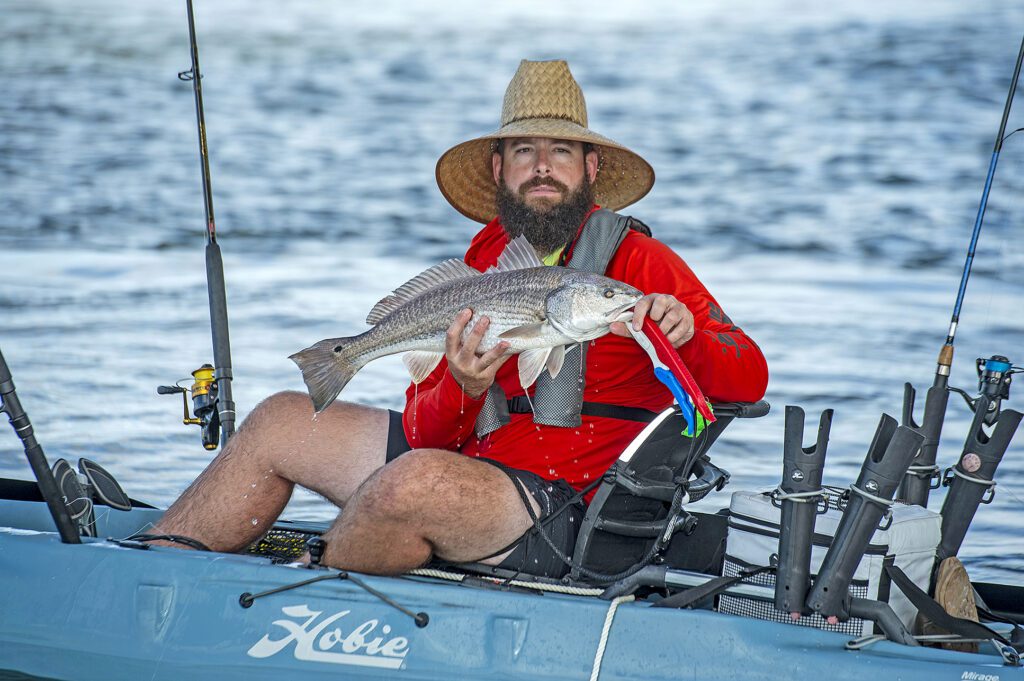
Giving back: Coastal Conservation Association
Throughout centuries of human settlement, Louisiana hardly labored to earn its “Sportsman’s Paradise” moniker. With abundant coastal waterways awash in marshlands and barrier islands, the state rolled out the red carpet for shoals of pogie, redfish and other important animals providing ample food and industry for the people who inhabited these wetlands. But by the time a group of Louisiana anglers banded together to form a state branch of the Coastal Conservation Association in 1983, much of those landscapes and resources had already begun to disappear into the mists of their former glory. That doesn’t mean, however, that they can’t be resurrected. Now, with 30 chapters based around Louisiana, the CCA remains a vigilant volunteer force behind sustainable fisheries and coastline preservation, all while celebrating the beauty that remains inside some of our country’s most unique ecosystems.
“A majority of what we did in the early years was advocacy work—making sure that the resources are protected through laws forbidding overfishing and things like that,” says Nolan Reynerson, the Baton Rouge-based chapter development director. “And while we still focus on advocacy a good bit today, over time we’ve added several facets to what we do, including projects for habitat restoration.”
Of the many initiatives spearheaded by the organization, most involve two important touchstones: building artificial reefs to sustain fish populations in the Gulf, and anchoring “floating islands” to rebuild coastline lost to storms and erosion.
The REEF Louisiana initiative, founded in 2019, aims to restore inshore and nearshore fish habitats using what CCA refers to as “materials of opportunity.” In deep waters, this means rebuilding the reef systems that grew naturally around oil and gas platforms—systems that disappeared when the platforms were decommissioned and removed—with pieces from the old platforms themselves, chunks of retired ships, and recycled concrete. The same goes for shallower water, where recycled concrete and building materials find new purpose as homes for brackish and marine organisms, meanwhile lending scientists information about which designs and conditions work best for future projects.

Citizen scientists also lend a hand via the TAG Louisiana program, which, thanks to the help of specially trained volunteers, has allowed for the tagging of more than 300,000 fish since 1985. Data from tag recordings and recaptures help the CCA keep track of the species, age, size and reef-to-reef movements of sportfish.
“There’s some irony in the fact that these decommissioned oil and gas rigs are removed by law to ease their environmental impact, but in reality the structures have helped build up important ecosystems over the decades,” says Reynerson. The oysters, barnacles and sponges that take up residence there provide cover for bait fish, which then attract sportfish, which had once seen detrimental drops in population due to overfishing and habitat loss.
Nowhere has habitat loss been more evident than on Louisiana’s last inhabited barrier island, Grand Isle, and its surrounding wetlands. To counteract the natural forces that draw the coast too close for comfort, CCA volunteers have been building a series of “floating islands,” a technology developed by Baton Rouge-based Martin Ecosystems.
“They’re basically recycled mats on which volunteers and students have planted native marsh grass. The roots grow down and trap sediment, which helps create land,” says Reynerson. “Eventually it will build up into an island that will protect against coastal erosion.”
But the CCA isn’t a proponent of an all-work-and-no-play attitude. The organization also hosts the STAR Tournament, a summer-long, coastwide fishing competition and major membership drive in Louisiana, Texas, Florida and South Carolina. As the largest fishing tournament in the state, it lasts through September 6 and will award more than $500,000 in prizes in Louisiana alone.
For CCA state president Chuck Ledet, these tournaments, alongside annual banquets and regular outreach to schools and scouting programs, ensure that community building and awareness of Louisiana’s natural beauty strengthens the visibility behind CCA’s work. “I’ve always enjoyed the outdoors, but there came a day when I realized I didn’t just want to be a participant in the environment,” says Ledet. “I wanted to be able to serve it as an advocate for our resources—not only for my own personal gain, but to ensure a sustainable future for generations to come. It’s truly amazing that a volunteer, grassroots organization has been able to help make that a reality.”
For more information on CCA’s ongoing projects, as well as ways to donate, visit ccalouisiana.com.











